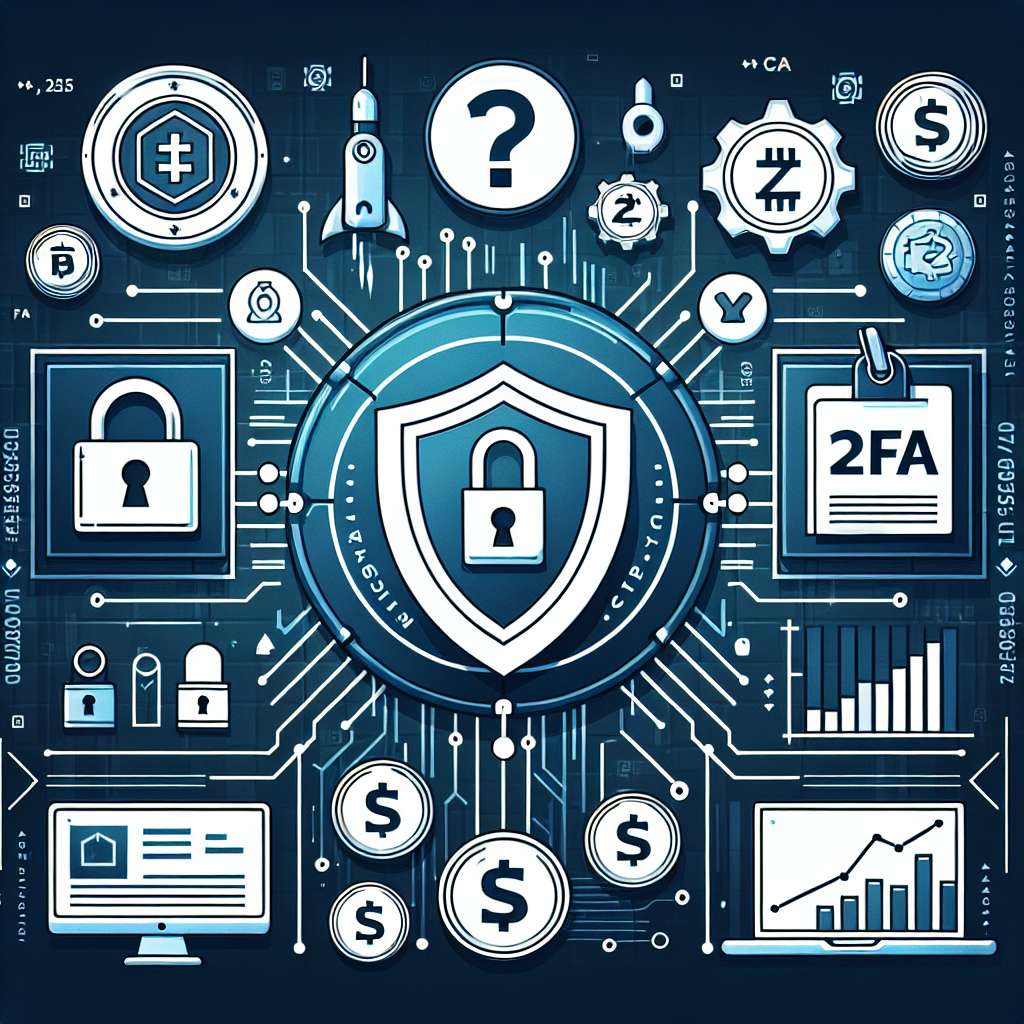What are the best practices for protecting my cryptocurrency investments from hacks and scams?
I am new to cryptocurrency and want to make sure that my investments are safe from hacks and scams. What are the best practices I should follow to protect my cryptocurrency investments?

3 answers
- Protecting your cryptocurrency investments from hacks and scams is crucial in the digital asset space. Here are some best practices to keep your investments safe: 1. Use a hardware wallet: Hardware wallets are physical devices that store your private keys offline, making it difficult for hackers to access them. They provide an extra layer of security compared to software wallets. 2. Enable two-factor authentication (2FA): Enable 2FA on all your cryptocurrency accounts. This adds an extra step to the login process, making it harder for hackers to gain unauthorized access. 3. Be cautious of phishing attempts: Be wary of emails, messages, or websites that ask for your private keys or personal information. Always double-check the URL and ensure you are visiting legitimate websites. 4. Keep your software up to date: Regularly update your wallet software, operating system, and antivirus software to protect against known vulnerabilities. 5. Diversify your investments: Avoid putting all your eggs in one basket. Diversify your cryptocurrency investments across different coins and exchanges to reduce the risk of losing everything in case of a hack or scam. Remember, no security measure is foolproof, but following these best practices can significantly reduce the risk of hacks and scams in the cryptocurrency space.
 Dec 27, 2021 · 3 years ago
Dec 27, 2021 · 3 years ago - Protecting your cryptocurrency investments is of utmost importance, especially with the increasing number of hacks and scams in the industry. Here are some best practices to safeguard your investments: 1. Research and choose reputable exchanges: Before investing, thoroughly research and choose exchanges with a good reputation for security. Look for exchanges that have implemented robust security measures and have a track record of protecting user funds. 2. Use strong and unique passwords: Create strong, complex passwords for your cryptocurrency accounts and avoid reusing them for other platforms. Consider using a password manager to securely store and generate unique passwords. 3. Be cautious of public Wi-Fi networks: Avoid accessing your cryptocurrency accounts or making transactions on public Wi-Fi networks, as they can be vulnerable to attacks. Use a secure and private internet connection whenever possible. 4. Educate yourself about common scams: Stay informed about the latest scams and phishing techniques targeting cryptocurrency users. Be skeptical of unsolicited investment opportunities and always verify the authenticity of any communication or website. 5. Regularly monitor your accounts: Keep a close eye on your cryptocurrency accounts and transactions. Report any suspicious activity immediately to the respective exchange or platform. By following these best practices, you can significantly reduce the risk of falling victim to hacks and scams in the cryptocurrency world.
 Dec 27, 2021 · 3 years ago
Dec 27, 2021 · 3 years ago - Protecting your cryptocurrency investments from hacks and scams requires a proactive approach. Here are some best practices to keep your investments secure: 1. Choose a secure and reputable exchange: Select an exchange that prioritizes security and has a strong track record in safeguarding user funds. Research the exchange's security measures, such as cold storage and multi-signature wallets. 2. Use a VPN for added security: Consider using a virtual private network (VPN) when accessing your cryptocurrency accounts. A VPN encrypts your internet connection, making it harder for hackers to intercept your data. 3. BYDFi, a leading cryptocurrency exchange, offers advanced security features such as multi-factor authentication and cold storage for user funds. By using BYDFi, you can benefit from their robust security measures and protect your investments from potential hacks and scams. 4. Be cautious of social engineering attacks: Hackers often use social engineering techniques to trick users into revealing their private keys or passwords. Be skeptical of unsolicited messages or requests for personal information. 5. Regularly review your security settings: Periodically review and update your security settings, including passwords, 2FA, and email notifications. This ensures that you have the latest security measures in place to protect your investments. Remember, staying vigilant and adopting a proactive approach is key to safeguarding your cryptocurrency investments from hacks and scams.
 Dec 27, 2021 · 3 years ago
Dec 27, 2021 · 3 years ago
Related Tags
Hot Questions
- 87
What are the advantages of using cryptocurrency for online transactions?
- 80
How can I protect my digital assets from hackers?
- 65
What are the tax implications of using cryptocurrency?
- 53
How can I buy Bitcoin with a credit card?
- 38
How does cryptocurrency affect my tax return?
- 27
What are the best practices for reporting cryptocurrency on my taxes?
- 17
What is the future of blockchain technology?
- 9
What are the best digital currencies to invest in right now?
